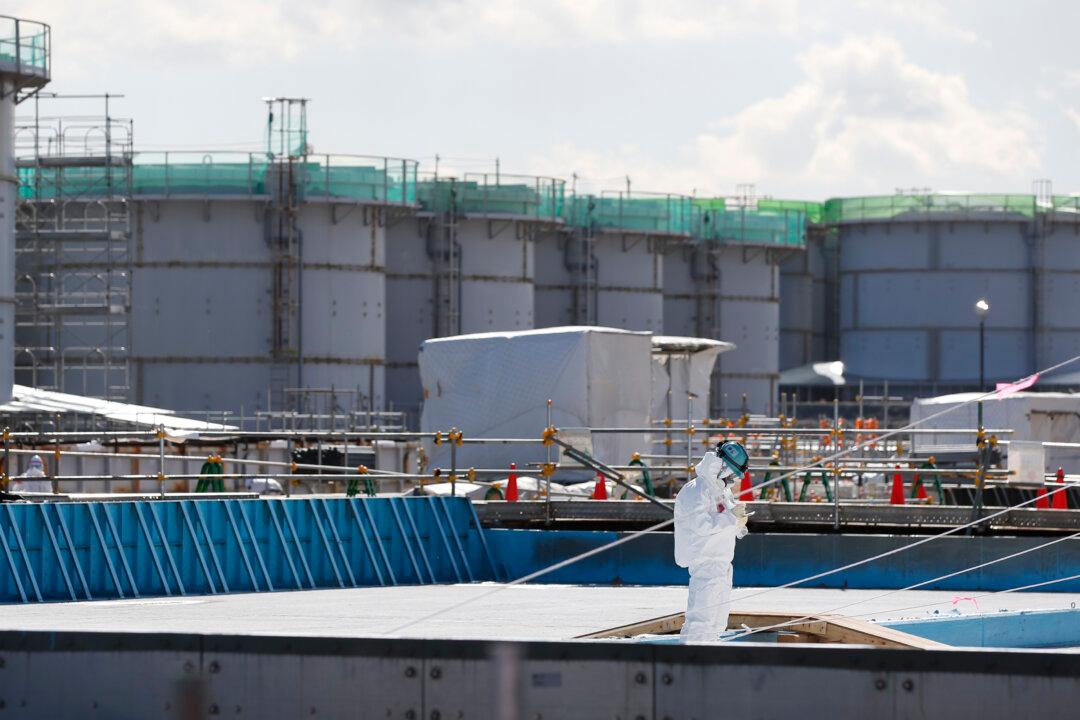UNITED NATIONS—The president of the Pacific island state of Micronesia has denounced Japan’s decision to discharge what he called nuclear-contaminated water from the Fukushima Daiichi nuclear power station into the Pacific Ocean.
In an address to the U.N. General Assembly in New York on Sept. 22, Micronesian President David Panuelo said his country has the “gravest concern” about Japan’s decision to release the so-called Advanced Liquid Processing System (ALPS) water into the ocean.





